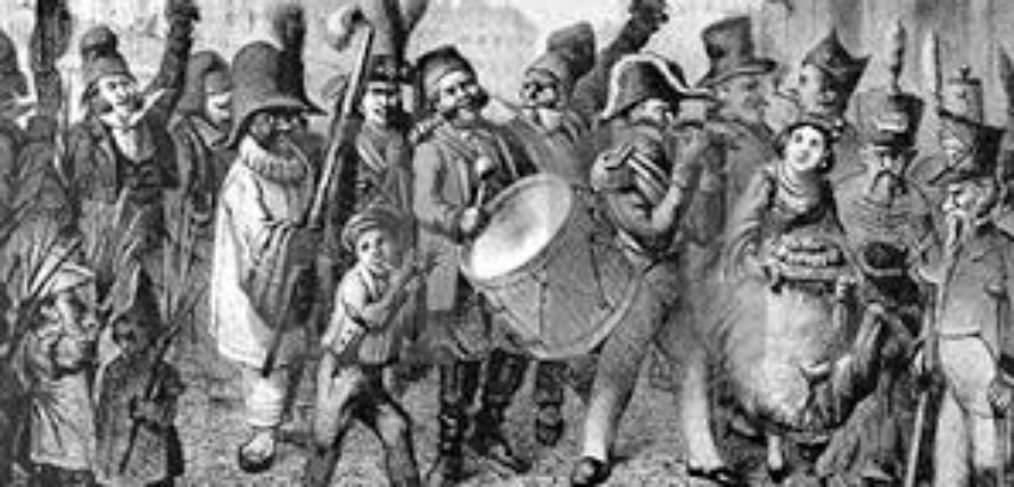
History Of Brazilian Carnaval
By Samantha Tello
The famous Brazilian Carnival (in Portuguese: Carnaval) is a religious, specifically Catholic event by origin, but is also rooted in European pagan traditions. Originally, Carnival was a food festival, because it was the last time to eat abundantly before the 40 days of Lent, a period of frugality starting on Ash Wednesday. Legend says the word ‘Carnaval’ was derived from the Latin expression ‘carne vale’ which translates as ‘farewell to the meat’. It makes sense now, no?
The unique characteristics of Brazilian Carnaval are rooted in a cultural clash between the Portuguese and the Africans. The whites brought the festival from Europe (Entrudo, an alternative name for Carnaval in Portuguese) and the blacks had their rhythms, music and dance moves. This sounds like the perfect combination! Don’t you think?
Gradually, as the years went by, the tradition was created to go once a year onto the streets to have a party together that lasts 5 days, ending on Ash Wednesday. Musical styles and other customs merged over time. It is a big deal to many people to celebrate this day, it is a piece of their heritage, connecting them to their ancestors who really knew how to party.
In 1916 this culminated with the publishing rights and phono recording of “Pelo Telefone” by Donga and Mauro de Almeida in Rio de Janeiro. Samba we can say is very much a product of the mutual love for the music of the former colonists and the former slaves. Today, this is music and dance that can be seen as a symbol of the Brazilian culture. In Rio de Janeiro, the first samba schools were established in the early 1920s; the first samba parade competitions were held in 1933.
Fundamentally, the origin of Brazilian Carnaval is very much the concept of ‘pretending’: social conventions are turned upside down. Only these few days of the year it is ‘allowed’ to release a form of catharsis. The idea of presenting themselves as something they are not began as a pagan holiday in ancient Greece and Rome, during which masters and slaves would swap clothes, the rich would wait on the poor, and basically everyone would get drunk and toss all social rules out the window. The poor can wear expensive costumes, the rich can mingle in the streets with the common folk and dress down, men can wear women’s clothing, women can wear barely any clothing. Like we said earlier, it was a safety valve to release all the social pressures that build up in a society where some are more powerful than others. During Carnaval in Brazil, your options are limitless! What would you want to be?
Carnaval is a legitimate opportunity to let yourself completely go in order to forget all your day to day troubles. Basically, Carnaval is a temporary escape into a fantasy world that makes your dreams reality… Are you ready to experience it and have fun?
